We’ve all accepted Facebook as being a part of modern life and pretty much unavoidable if you want to stay in contact with people you love. Despite it only being available for slightly over 15 years, Facebook is actively used by over one billion people. That’s a lot of Facebook accounts to manage for one person, which is why the history of Facebook hasn’t always been a flawless one.
Let’s take a look at some of the mistakes that Mark Zuckerberg made in Facebook’s evolution. I’ll give you a small spoiler: they’re for the most part all privacy related.
Default Visibility to Public
If you’re dabbled with Facebook’s privacy settings, you know that the current default option is to only show information with your friends. Once upon a time, when the ability to log in through Facebook on different websites was launched in 2008, this default setting was public. The big problem with this was of course that your website browsing history became public knowledge since even non-Facebook users could see which sites you visited. Just imagine!

Revealed Millions of Phone Numbers
In what Facebook referred to as a “bug”, millions of phone numbers had been exposed. While this in itself was bad enough, turns out that among the phone numbers were a fair decent amount that belonged to people that didn’t even have Facebook accounts. These were simply numbers that were exchanged by friends, and saved to Facebook’s data. Needless to say, people weren’t happy with that.
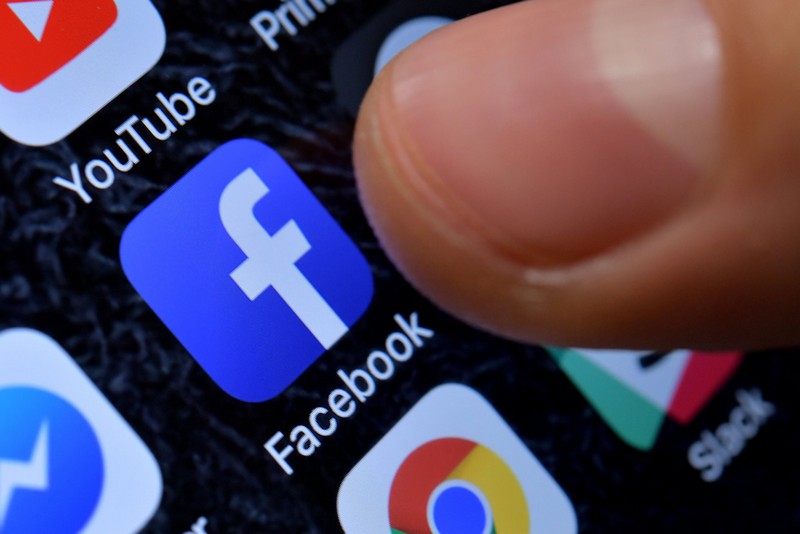
Tracking User Purchases
Not only did Facebook at a certain point track users’ purchases with a program called Beacon, it actually posted the information to news feeds without users giving their explicit approval. Needless to say, it didn’t take long for Beacon to be removed by adding an opt-out feature, which was used by a majority of Facebook users at the time.
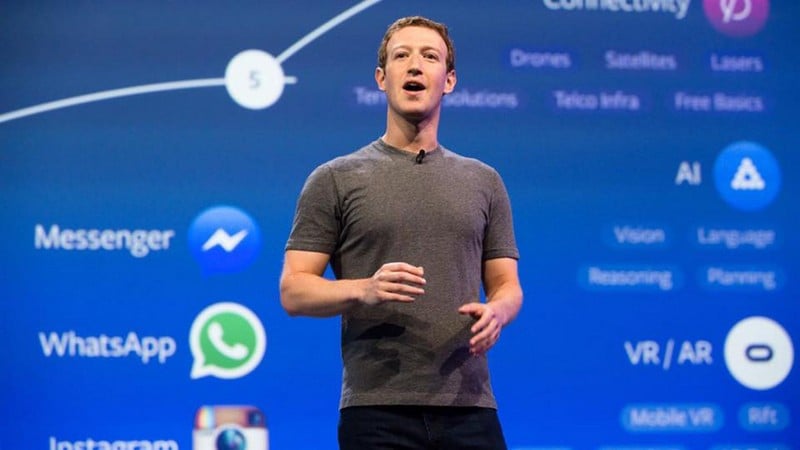
Fake News
Social media is the perfect platform for fake news, and Facebook is the best social media platform of them all. The biggest fake news scandal had to do with the 2016 election, where over a hundred pro-Trump accounts were tied to a small town in Macedonia. These accounts spread all kinds of fake news to sway the election in Trump’s favor, although it is difficult to gauge just how much this fake news actually impacted the election result.

Share First, Ask Later
After complaints were filed with the Federal Trade Commission back in 2009, Facebook was deemed being too loose with user data. The main problem was that despite people putting their information on a private account, some of this information was made public behind the users’ back. There was even an issue with people deleting their accounts but access still being possible. This of course led to huge outrage where people demanded no information be shared with third parties or advertisers without explicit approval by users themselves.
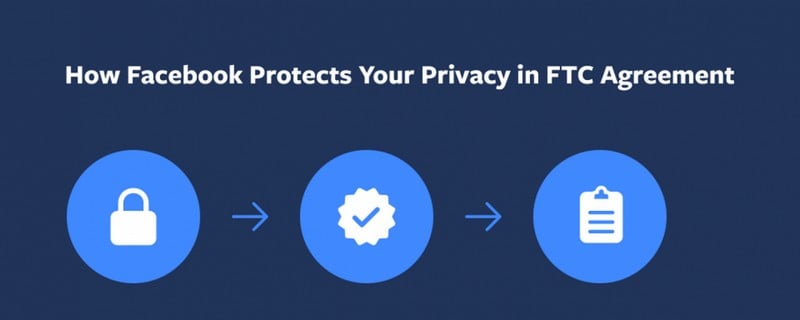
Inflated View Numbers
The only people actually paying for anything on Facebook, are advertisers. And while the issue of Facebook’s metrics not correctly counting video views probably doesn’t bother people like you or me, advertisers were furious. The wrong metrics meant that they were overpaying for their ads, which isn’t something advertisers like to do. Despite the advertisers’ fear of being overcharged, Facebook publicly stated that the issue had no affect on billing.

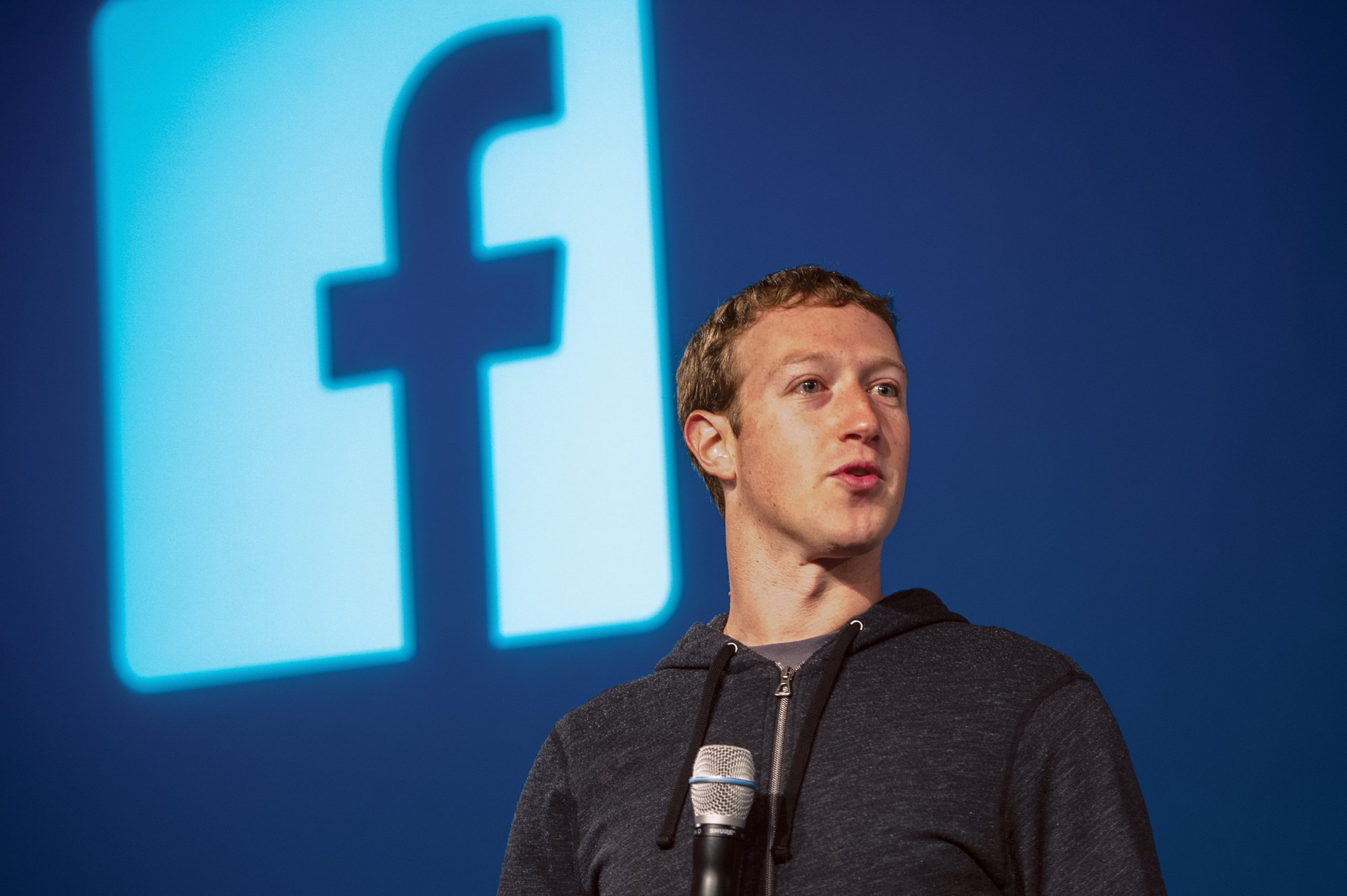










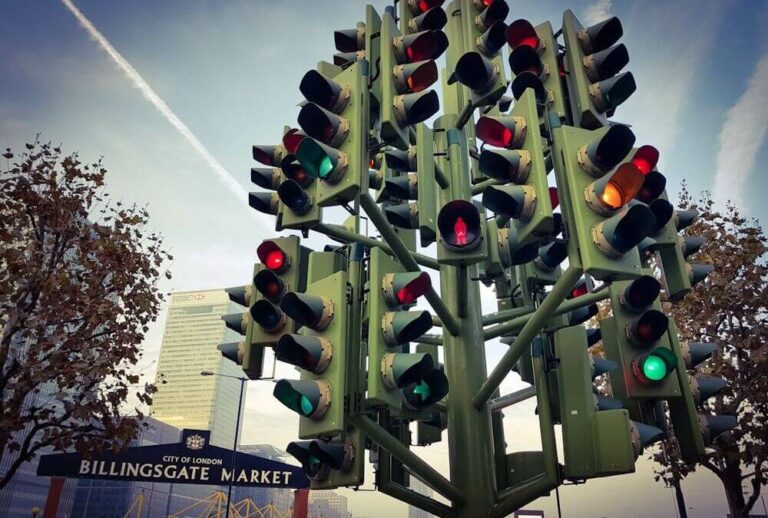


+ There are no comments
Add yours